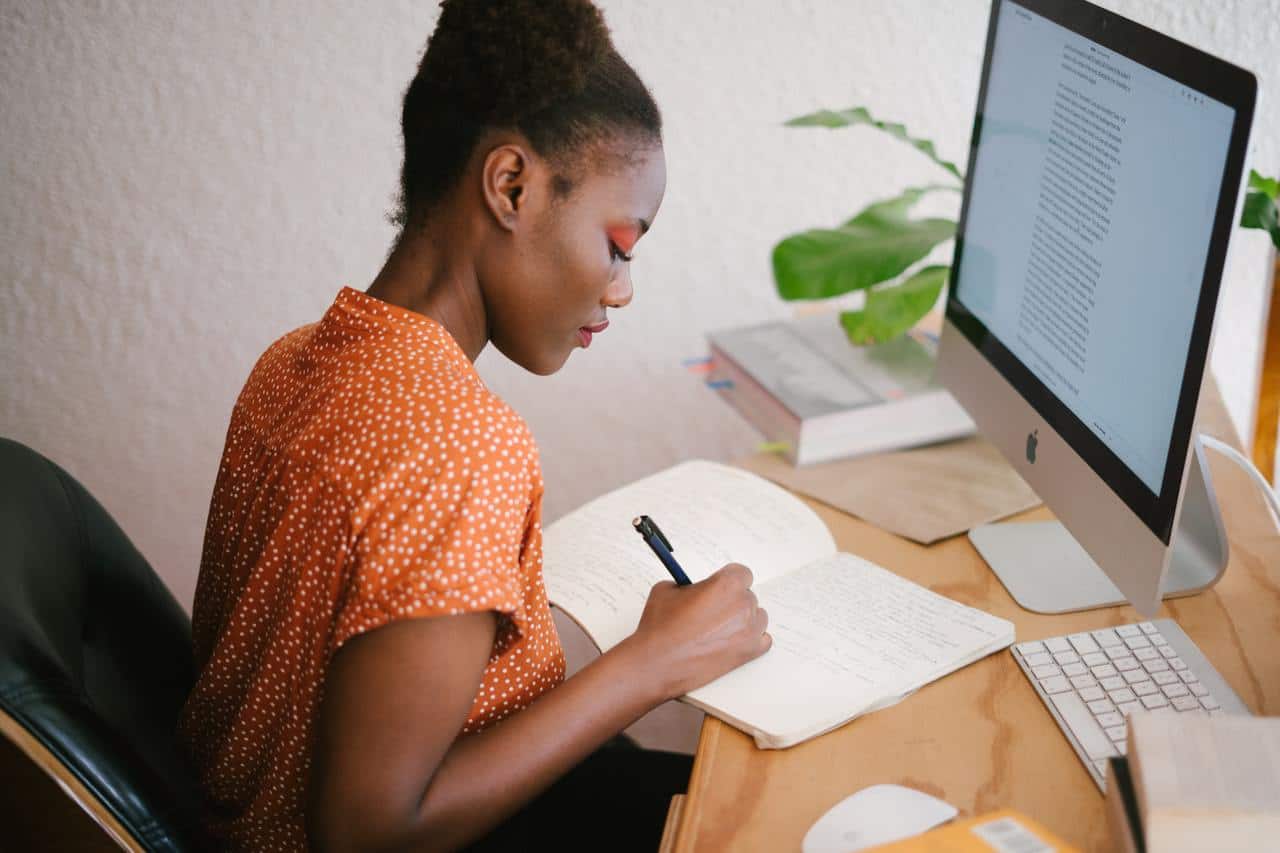The increasingly empathetic working practices adopted by companies to navigate the pandemic will remain vitally important as the country eases out of lockdown, especially for the UK’s Black and POC workforce, according to new research.
The study, carried out by culture change business Utopia, interviewed a representative sample of over 2,000 respondents across the UK. It found that ethnic minority workers feel immense pressure to hold a standard of professionalism that favours white workers.
Nearly half (49%) of BAME workers in the UK feel they have to mask part of their identity to fit in at the office, and that disconnect is even harsher when extended purely to BAME women – 59% of whom feel this way.
This is further compounded by the fact that 41% of BAME people feel their workplaces don’t offer inclusive cultures, highlighting a genuine disconnect between employees and the C-suite.
The inclusivity problem extends to the career ladder – 41% of BAME people feel less likely to progress professionally because of their ethnicity, while only 9% of white workers felt this way, indicating that BAME workers are more susceptible to barriers due to their ethnicity.
The research also shows half (50%) of BAME men and 59% of BAME women are afraid to show vulnerability for fear of being judged. Moreover, 44% of BAME people are afraid to ask for emotional support at work when they need it.
Tolu Farinto, change-maker at Utopia, said: “The research shows the Black community in particular is faced with the pressure of forming faux identities because employers are orchestrating an environment that expects workers to ‘act white’.
“And because of these ‘white cultures’ Black employees are not progressing as fast as their white colleagues. To overcome these systemic challenges, businesses must create inclusive cultures that demonstrate ethnicity is not a barrier to success in the workplace.
“This is integral now more than ever, as employers start to consider the move back to the physical office.”
Emma Mainoo, change-maker and head of Utopia’s mental health practice, added: “A diverse, inclusive workforce is a healthy workforce.
“To go back to an environment where they still feel like outsiders is something ethnic minority workers shouldn’t have to face.
“However, the Black Lives Matter movement has forced people managers and business leaders to take accountability and spearhead change. Hopefully this will translate into the post-pandemic workplace.”
For the latest headlines from the City of London and beyond, follow City Matters on Twitter, Instagram and LinkedIn.








